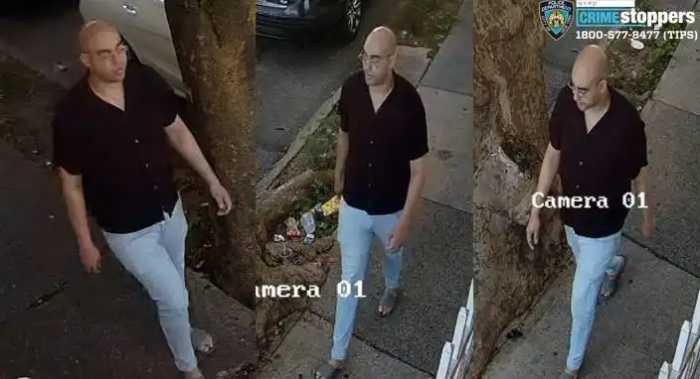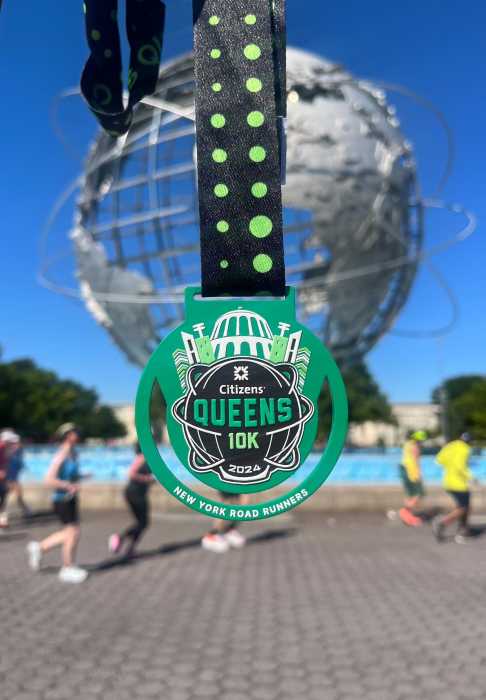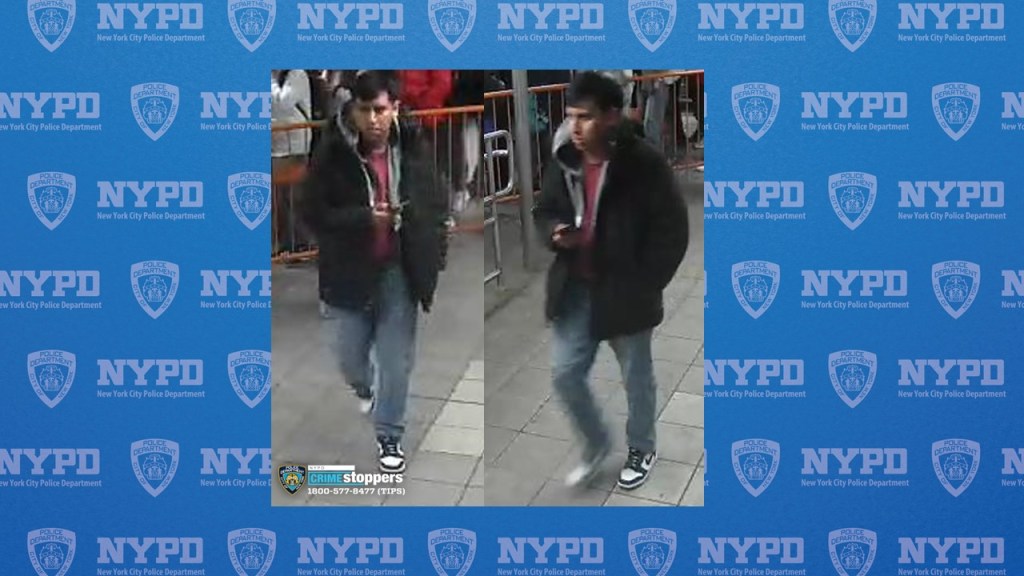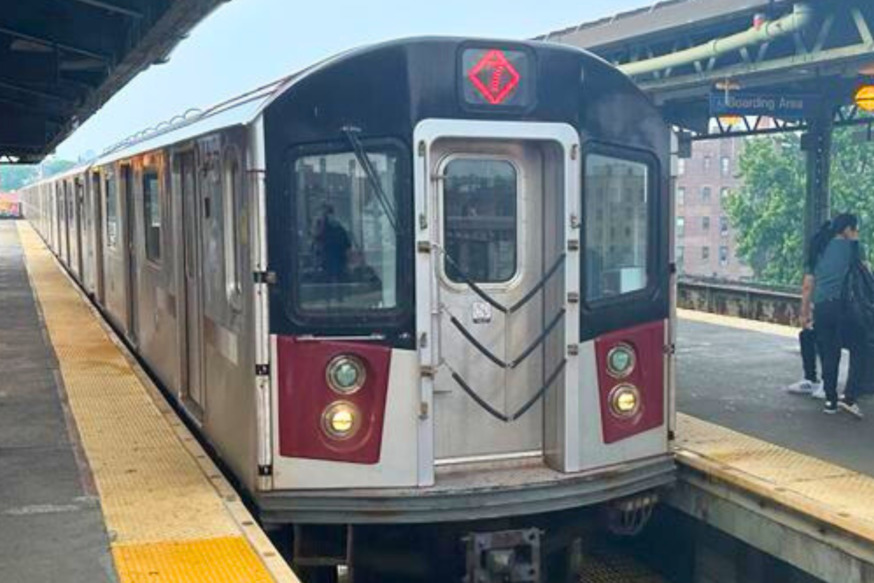Bar owners and their employees are the first lines of defense when it comes to drunk drivers.
Councilmember Julissa Ferreras was joined by Chairman Dennis Rosen of the State Liquor Authority and representatives of other entities during a forum in Corona on Tuesday, December 14 to address local bar and restaurant owners regarding the sale of alcohol to inebriated customers. Ferreras hosted the forum in response to news reports that her district, which covers Corona, Jackson Heights, Elmhurst and East Elmhurst, had numerous drunk driving incidents.
“Corona has the highest rate of DWI arrests in the city,” Ferreras said, “and our hospitals have the highest rate of admissions for alcohol poisoning. Liquor license holders must be careful not to serve alcohol to people who have already had one too many. This is the law and it must be obeyed as a matter of public health and safety.”
Jose Cruz, general manager of the popular night club La Boom in Woodside, was at the forum to see how he could help with the effort to curb motorists from getting behind the wheel intoxicated. Cruz was reminded that the biggest violations that can get a business shut down are selling alcohol to minors, selling to intoxicated people and selling after hours.
“I think all business owners and managers need to know the law so that everything can be in order,” Cruz said. “We are conscious that alcohol is the number one cause for accidents.”
At the forum, Deputy Inspector Thomas Kavangh from the 115th Precinct, which covers Corona, East Elmhurst and Jackson Heights, said Roosevelt Avenue is considered an “impact zone” because of the saturation of bars and restaurants that serve alcohol. Kavangh said so far 25 locations have been shut down this year for not following the laws.
“Roosevelt Avenue because of its nightlife has a lot of alcohol consumption,” Kavangh said. “There are a lot of bars in this neighborhood. I couldn’t tell you how many there [are].”
But Queens Defense Lawyer Michael S. Discioarro said police officers unfairly target people coming out of bars because they are easy prey. Discioarro said the biggest injustice, in a predominately immigrant neighborhood like Corona, is when people who are arrested for suspicion of DWI are deported by immigration authorities, even though later on they are not found guilty.
“The police will stop anyone who comes out of a bar,” said Discioarro, who handles Driving While Intoxicated (DWI) cases. “The cops are bored. They have nothing to do and they have to meet their quota.”
According to the New York Police Department, there have been 179 drunk-driving arrests this year as of December 12 in the 115th Precinct, and 90 arrests in the 110th Precinct, which also covers parts of Corona and Elmhurst.
“We share the streets and we never free from a drunken person hitting us,” said Richard Strand from Narcotics Anonymous, an organization based in Corona, which provides temporary shelter to immigrants struggling with alcohol abuse.
Dr. Stuart Kessler, director of Emergency Medicine at Elmhurst Hospital, who was also at the forum, said people often wind up in the emergency room because they are intoxicated, suffer an accident or trauma after drinking too much alcohol or because of chronic alcohol abuse. He said the hospital sees an average of 10 patients a day out of 200 who are intoxicated.
“If you end up in the emergency department after you have been drinking, there is probably a problem going on,” Kessler repeated.
Aside from the health risks alcohol consumption may cause, those accused of DWI could also face jail time, undergo programs, pay large fines, or have their licenses suspended.
“We are very serious in the DA office of prosecuting people who are drunk and driving,” said Jesse Sligh of the Queens District Attorney’s office.





































